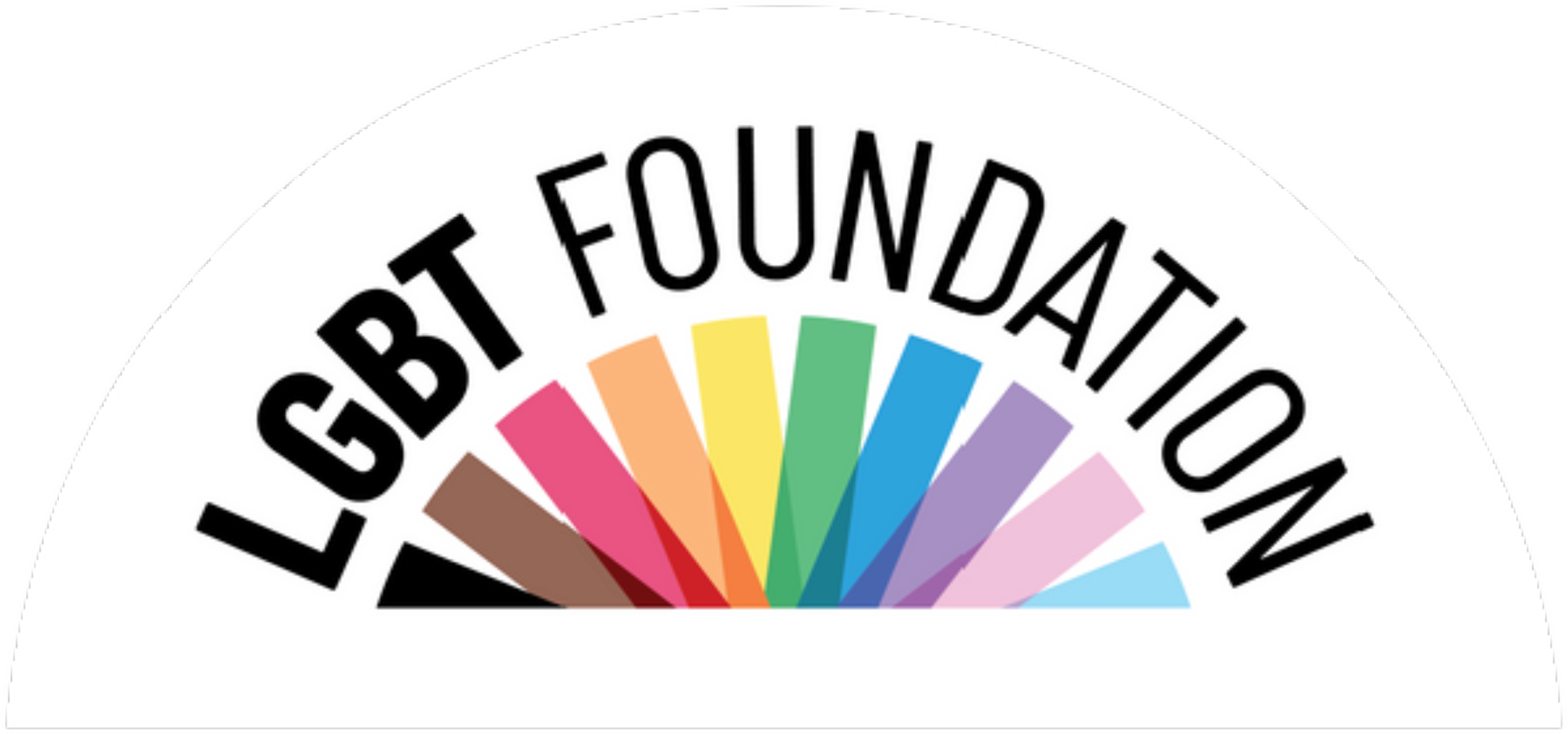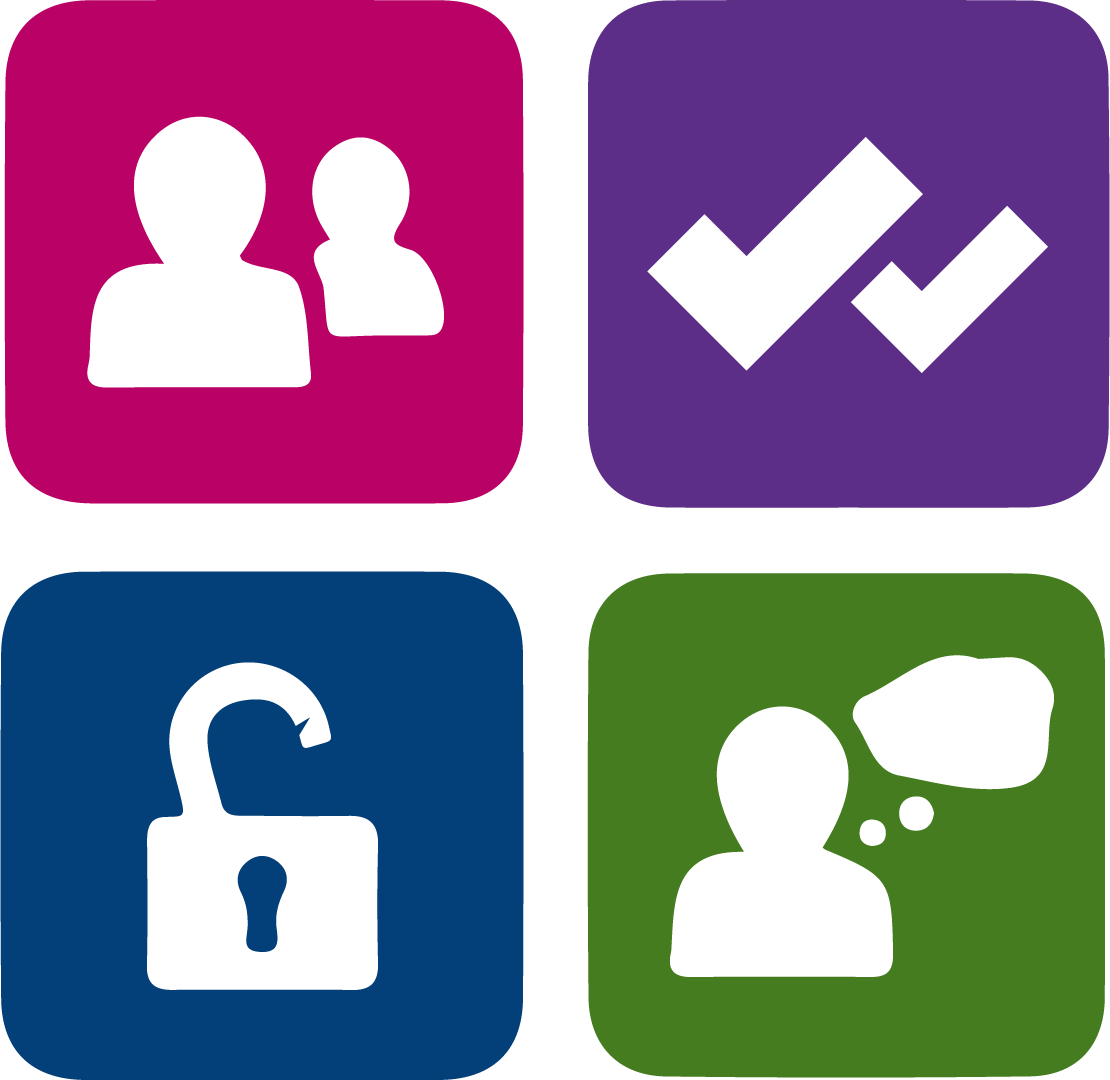We use cookies to help provide you with the best possible online experience.
By using this site, you agree that we may store and access cookies on your device. Cookie policy.
Cookie settings.
Functional Cookies
Functional Cookies are enabled by default at all times so that we can save your preferences for cookie settings and ensure site works and delivers best experience.
3rd Party Cookies
This website uses Google Analytics to collect anonymous information such as the number of visitors to the site, and the most popular pages.
Keeping this cookie enabled helps us to improve our website.
Travel Vaccinations
We do not offer travel advice.
Advice on vaccinations can be obtained from the Fit for Travel website or from larger pharmacies and local travel clinics.
Please be aware that clinics may make a charge for any consultation, whether vaccines are needed or not.
The only travel vaccines available on the NHS, and given by the surgery are:
- Hepatitis A
- Typhoid
- Tetanus, diphtheria and polio
These are free of charge.
- Cholera is issued on a prescription and the current charge will be payable
If you identify that you need any of these vaccines, please book an appointment at the surgery at least four weeks before your planned travel date.
For all other travel vaccines or malaria prescriptions please visit a travel clinic or large pharmacy.
Travel Information
Visit the following websites for travel health advice.
Fear of Flying Policy
Prescribing of diazepam or other hypnotics for fear of flying will not be provided on NHS prescriptions unless in exceptional circumstances. This is because of lack of evidence for the use of these medicines and the risk of adverse effects, as outlined below.
The Fit For Travel website provides information to help with a fear of flying.
- Fear of flying is common despite flying being safer than road or rail travel in most developed countries.
- Try distraction by talking with other passengers, watching a film, listening to music or reading.
- Tell the cabin crew. Reassurance about routine aircraft sounds and in flight activities can help.
- Research shows that Cognitive Behaviour Therapy (CBT) can be helpful for more severe cases. The person identifies what they actually fear and then learns different ways of overcoming it.
A number of airlines run courses aimed at alleviating travellers fears, such as:
Clinical considerations
- NICE: Benzodiazepines (e.g. diazepam) are associated with a less good outcome in the long term and should not be prescribed for the treatment of individuals with panic disorder.
- Sedative-hypnotics (e.g. diazepam) should not be combined with alcohol (which is commonly consumed by nervous flyers) because there is a risk of excessive sedation and respiratory suppression.
- Sedative-hypnotics (e.g. diazepam) should not be taken by individuals who may be called upon to make important decisions (e.g. parents responsible for the care of young children or in case of an inflight emergency) because they can cause excess sedation and impair decision-making.
- Benzodiazepines (e.g. diazepam) may cause drowsiness, impair concentration and impair decision making which may impair a person’s ability to drive when they reach their destination.
- The risk of adverse effects is increased in older adults, especially those who are older than 75 years.
Developed by St Lawrence Surgery January 2020. Acknowledgement: this document was adapted from a document developed by Brighton & Hove CCG.
More About Our Services
Surgeries
 Armed Forces veteran
Armed Forces veteranfriendly accredited
GP practice

Pride in
Practice
Gold
 disability
disabilityconfident Committed

RCGP Active Practice
Providing NHS Services
Contact
St Lawrence Surgery
79 St Lawrence Avenue
Worthing
West Sussex
BN14 7JL
Telephone: 01903 222 900

